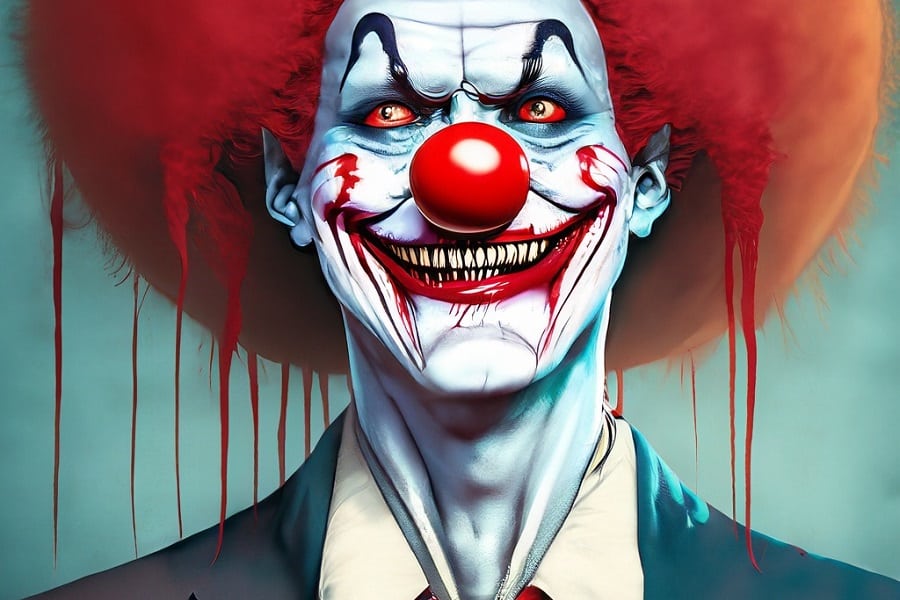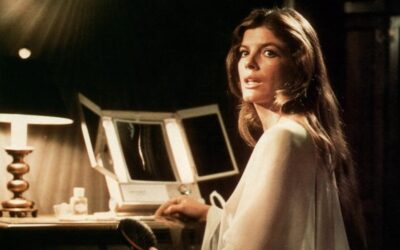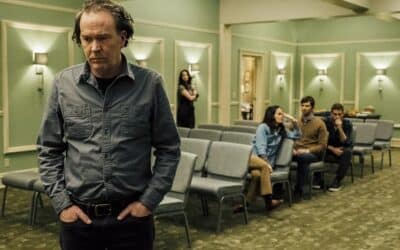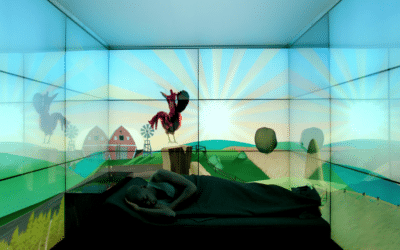
Crowning the King
Stephen King, a name synonymous with late-night chills, heart-pounding suspense, and the creepiest of creatures. This writer extraordinaire, crowned the King of Horror, has been ruling the realm of dread and fear for nearly half a century. Born on September 21, 1947, in Portland, Maine, King sprouted his storytelling roots at a young age, and he hasn’t stopped sowing seeds of terror ever since. With over 60 novels, 200 short stories, and a variety of screenplays under his belt, he has taken a jackhammer to the foundation of the traditional horror genre.
Among his treasure trove of terrifying tales, certain gems sparkle with a particular wicked gleam. A Maine-based writer grappling with alcoholism, a sinister hotel with a bloody past, and the eerie chant of “Redrum” – the ingredients for King’s chef-d’oeuvre “The Shining”. Then there’s “Carrie”, the poignant tale of an outcast teenager with telekinetic abilities and a thirst for revenge, which heralded King’s arrival as a novelist in 1974. Not to forget, the terrifying creature clad as a clown in “IT”, which immortalized the inherent fear of clowns for generations.
King doesn’t merely pen stories, he constructs entire worlds. Derry, Castle Rock, Jerusalem’s Lot – his fictional towns in Maine aren’t merely backdrops for his narratives. They are complex, living organisms with histories as haunting as the stories that unfold within them. This approach, the very essence of King’s writing style, created a seismic shift in the way horror was conceptualized.
Classic horror, in the vein of Mary Shelley’s “Frankenstein” or Bram Stoker’s “Dracula”, had long presented external monsters threatening the innocent. With King’s arrival on the literary stage, the monster began to creep from the shadows and sneak inside the protagonists. The terror in King’s stories emerged from within, an internal struggle of ordinary people against their demons – literal and figurative.
A prime example is Jack Torrance in “The Shining”, who battles alcoholism and his descent into madness. The Overlook Hotel, with its ghoulish inhabitants, only serves to exacerbate his inner turmoil. The horror doesn’t lie in the ghosts of the hotel, but in the unraveling of Jack’s sanity.
This shift in narrative perspective not only breathed a new life into horror literature but also paved the way for a more psychological approach in the genre across multiple media. From the domineering influence of King’s work, the landscape of horror cinema was forever altered. Numerous adaptations of his works, such as Stanley Kubrick’s “The Shining”, Brian De Palma’s “Carrie”, and Andy Muschietti’s “IT”, have left indelible impressions on audiences worldwide.
King’s style doesn’t solely rest on his unique narrative perspective. His talent for transforming ordinary objects and situations into sources of utter dread further sets him apart. A rabid dog in “Cujo”, a possessed car in “Christine”, a harmless cellular phone call in “Cell” – each under King’s deft hand becomes a vessel of terror. Such utilization of everyday items disrupts the sense of safety and normalcy, turning the familiar into the terrifying.
What’s more, King’s mastery over horror didn’t hinder him from weaving complex characters that readers could root for, characters whose triumphs and tragedies transcended the genre. This marriage of horror with strong character development created narratives that were compelling as they were terrifying.
There’s little doubt about the magnitude of Stephen King’s impact on the horror genre. With his unique perspective and style, he deconstructed traditional norms and reconstructed the genre in his image. His footprint is found everywhere in horror – from literature to films to television, and it isn’t restricted to his own work. The King’s legacy is present in the works of countless other writers and filmmakers who drew inspiration from his approach to horror.
Every time a reader shivers at the sound of a ringing phone or feels their heart pound at the sight of a vintage car, King’s influence echoes. Each time a movie reveals the monster to be within rather than without, King’s impact resonates. That is the power of Stephen King, the undeniable sovereign of the horror genre. His reign, it seems, is far from over. As long as there are fears to be stoked and nightmares to be woven, expect the King to sit on his terrifying throne, altering the realm of horror one story at a time.
More Horror Features
1970s Horror
The 1970s may be gone, but the fear they inspired remains
Horror Through the Ages
A Journey Through Time and Terror
Technology in Horror
When gadgets become nightmares



